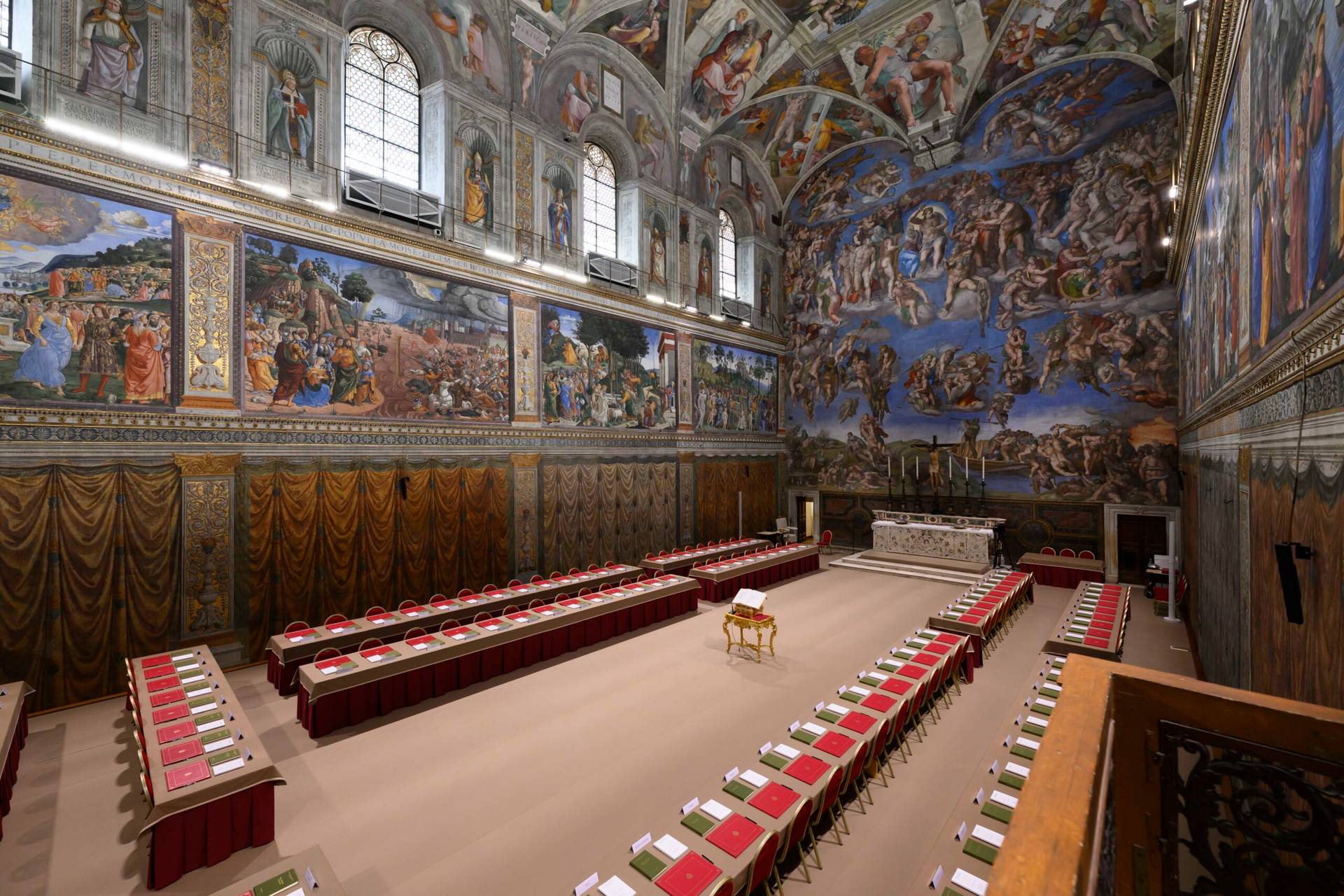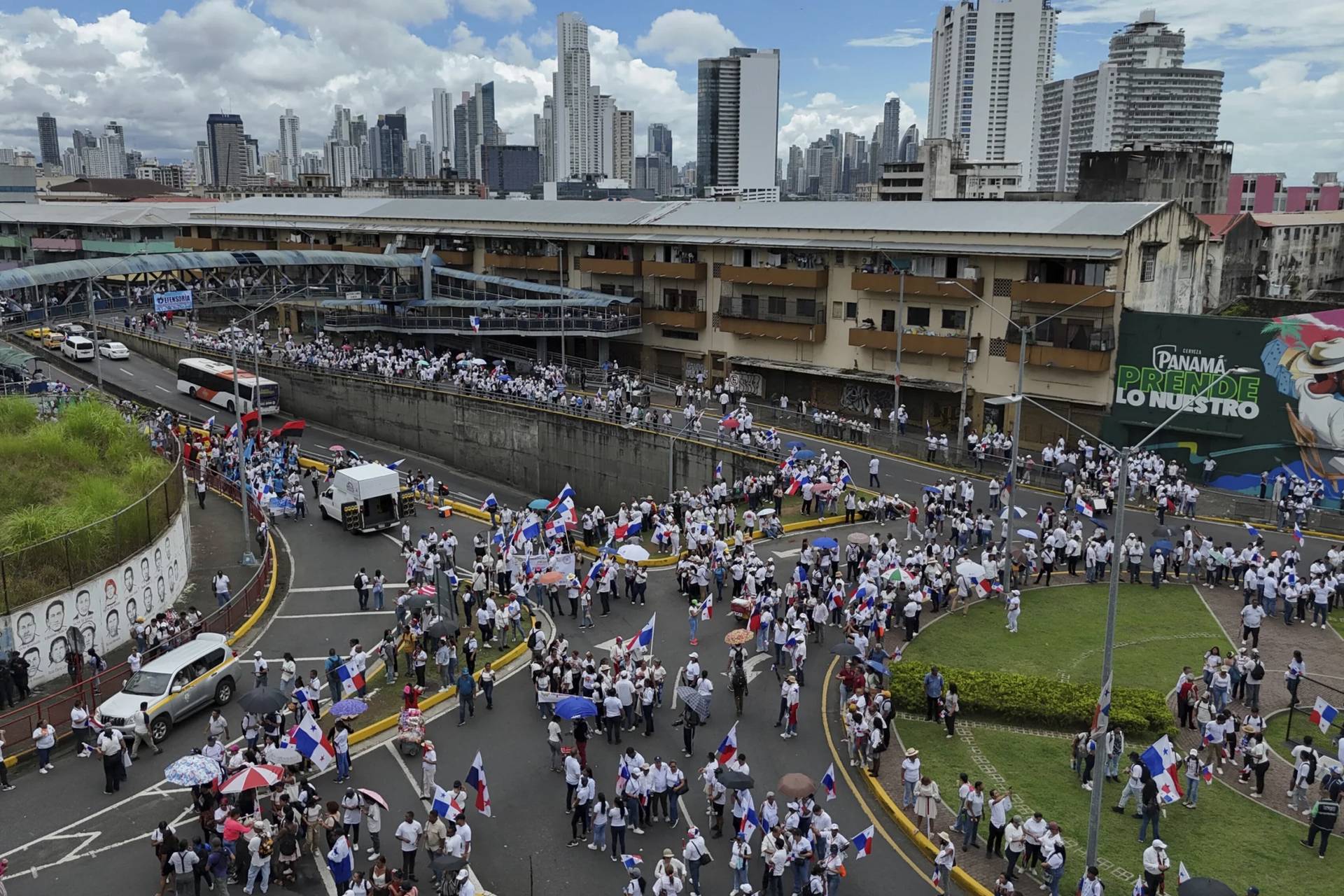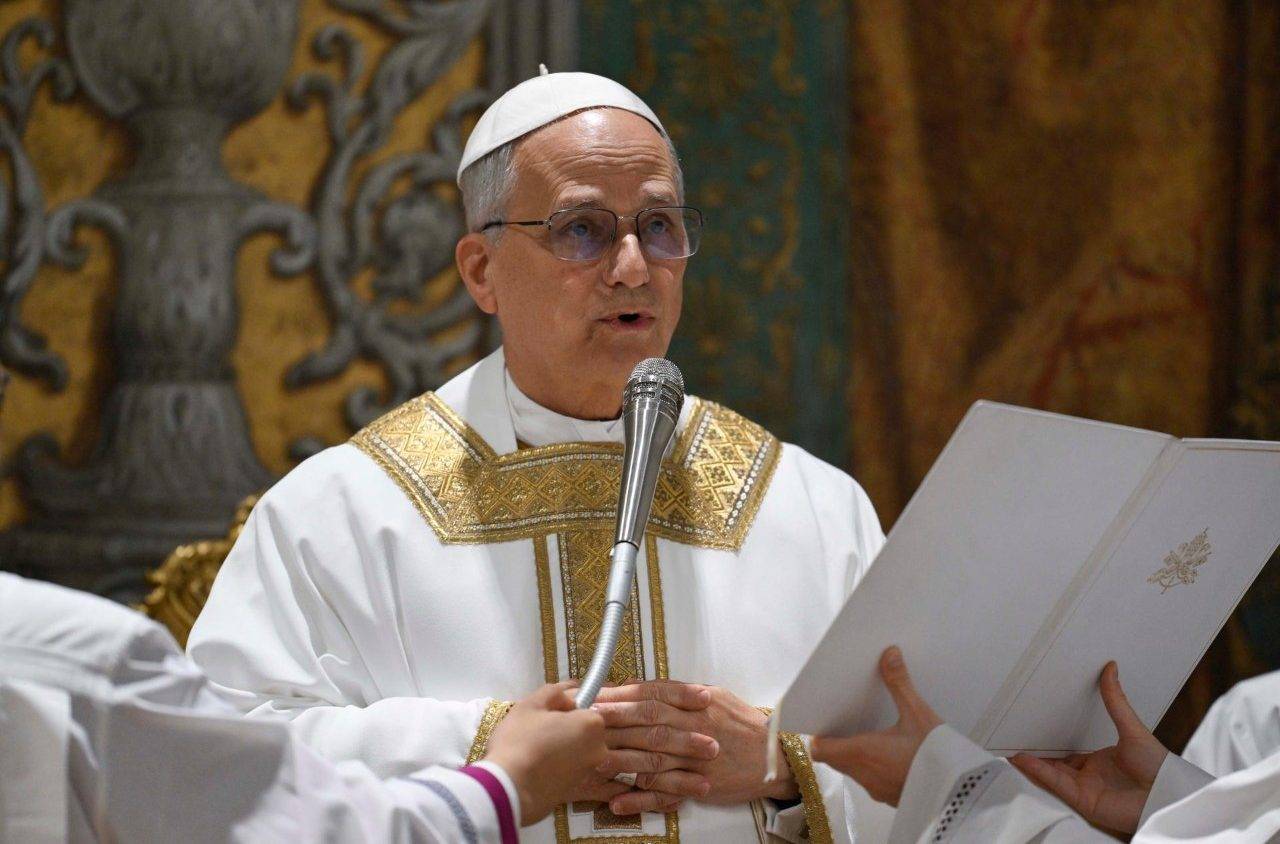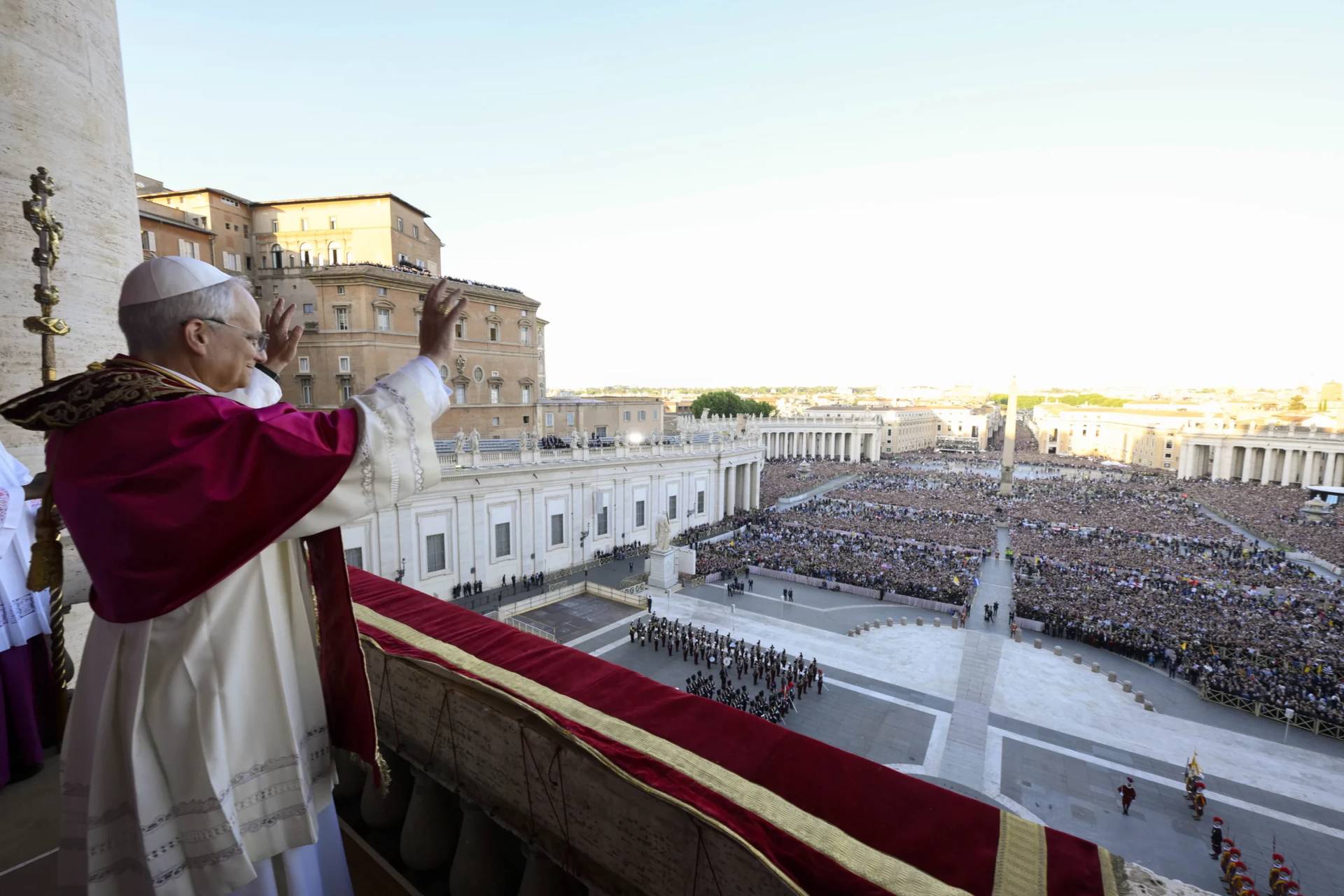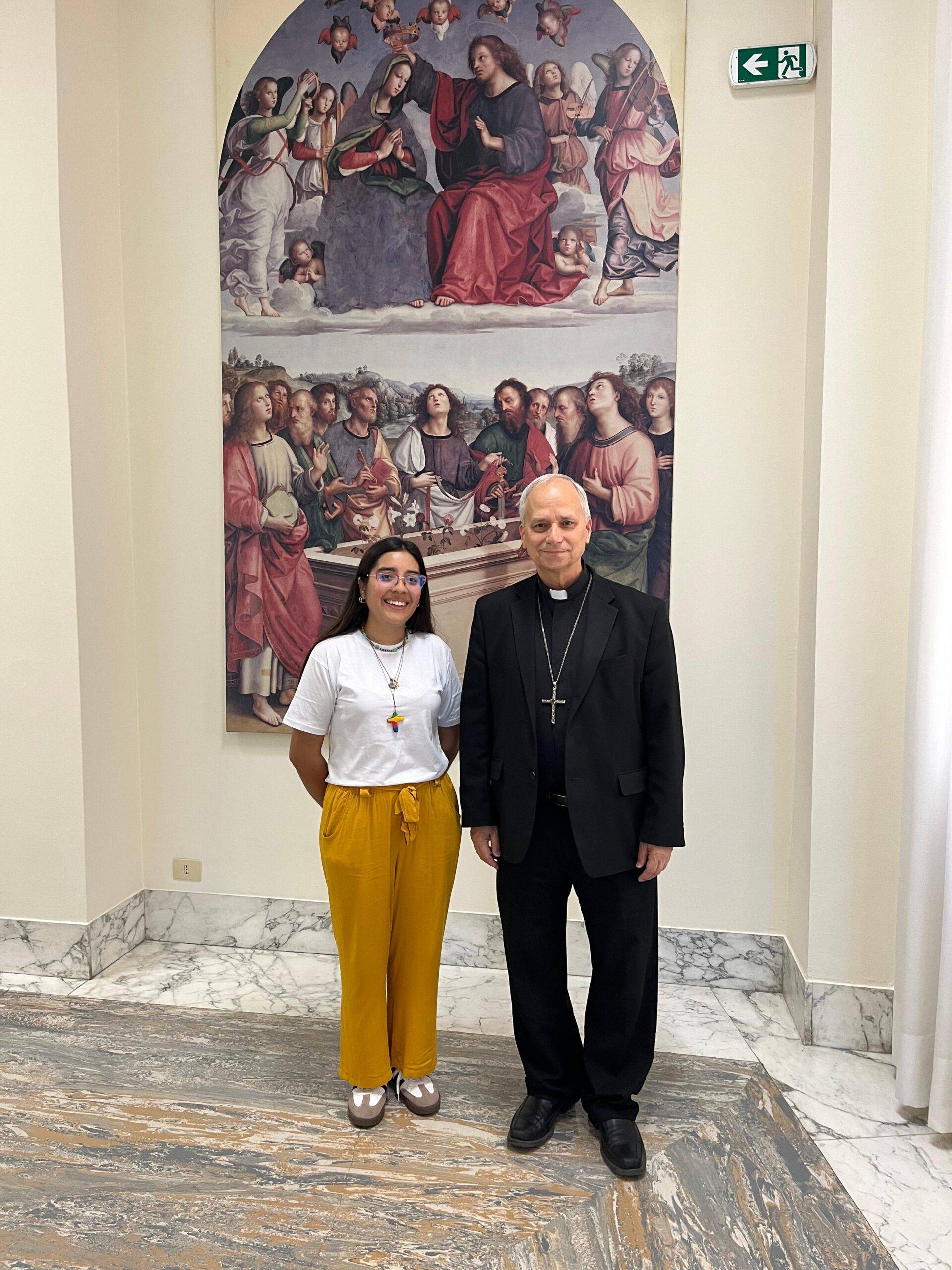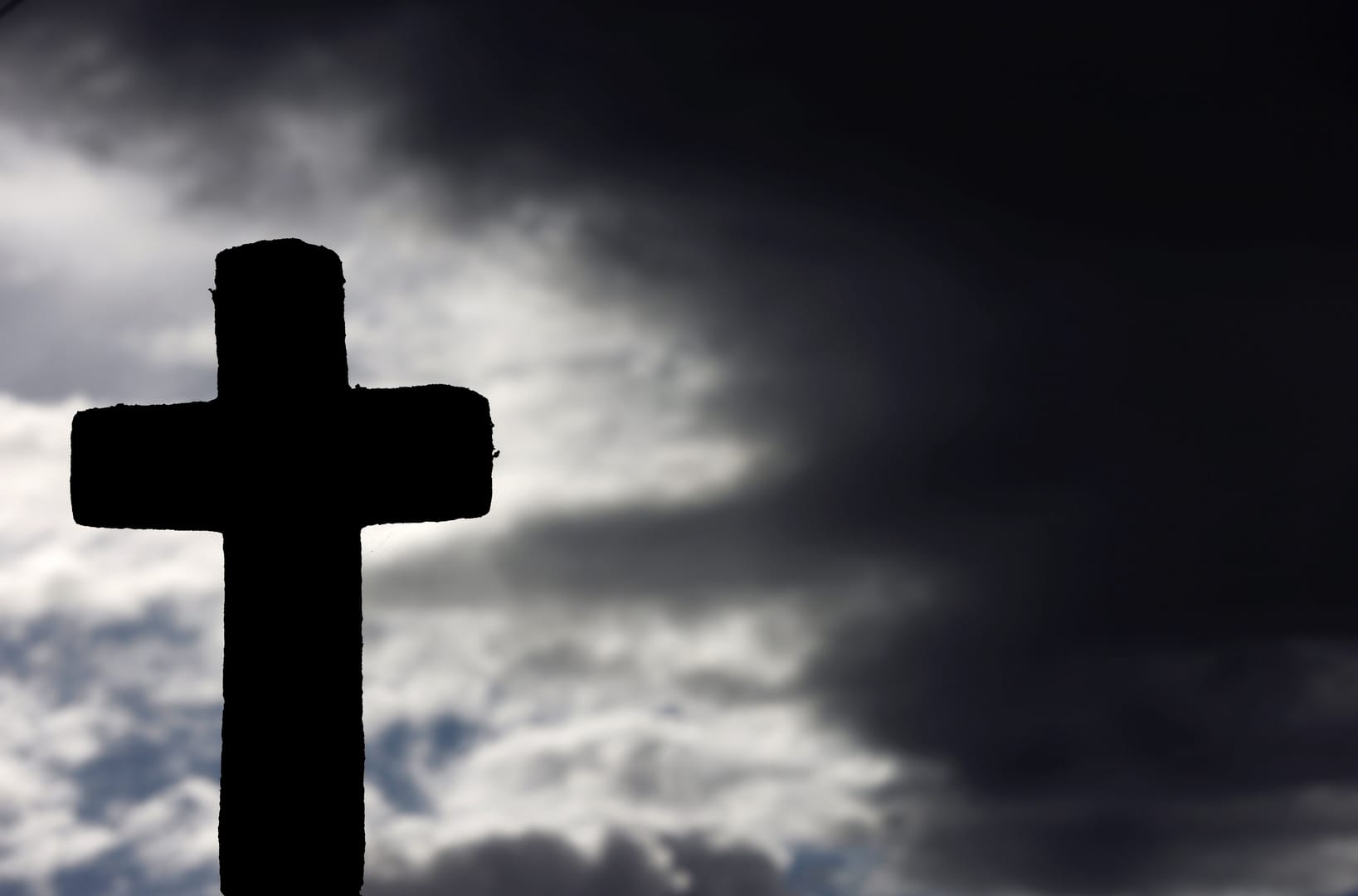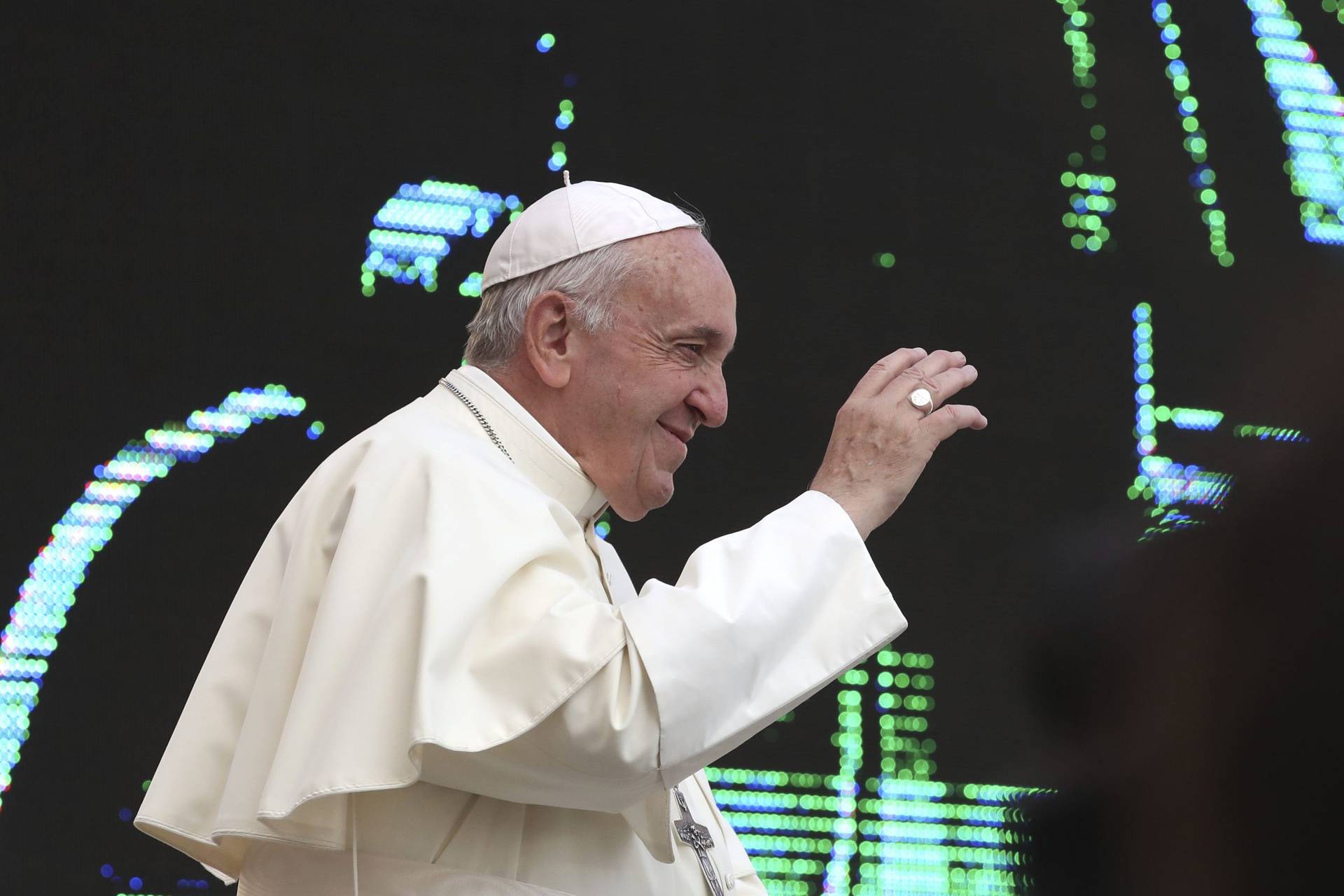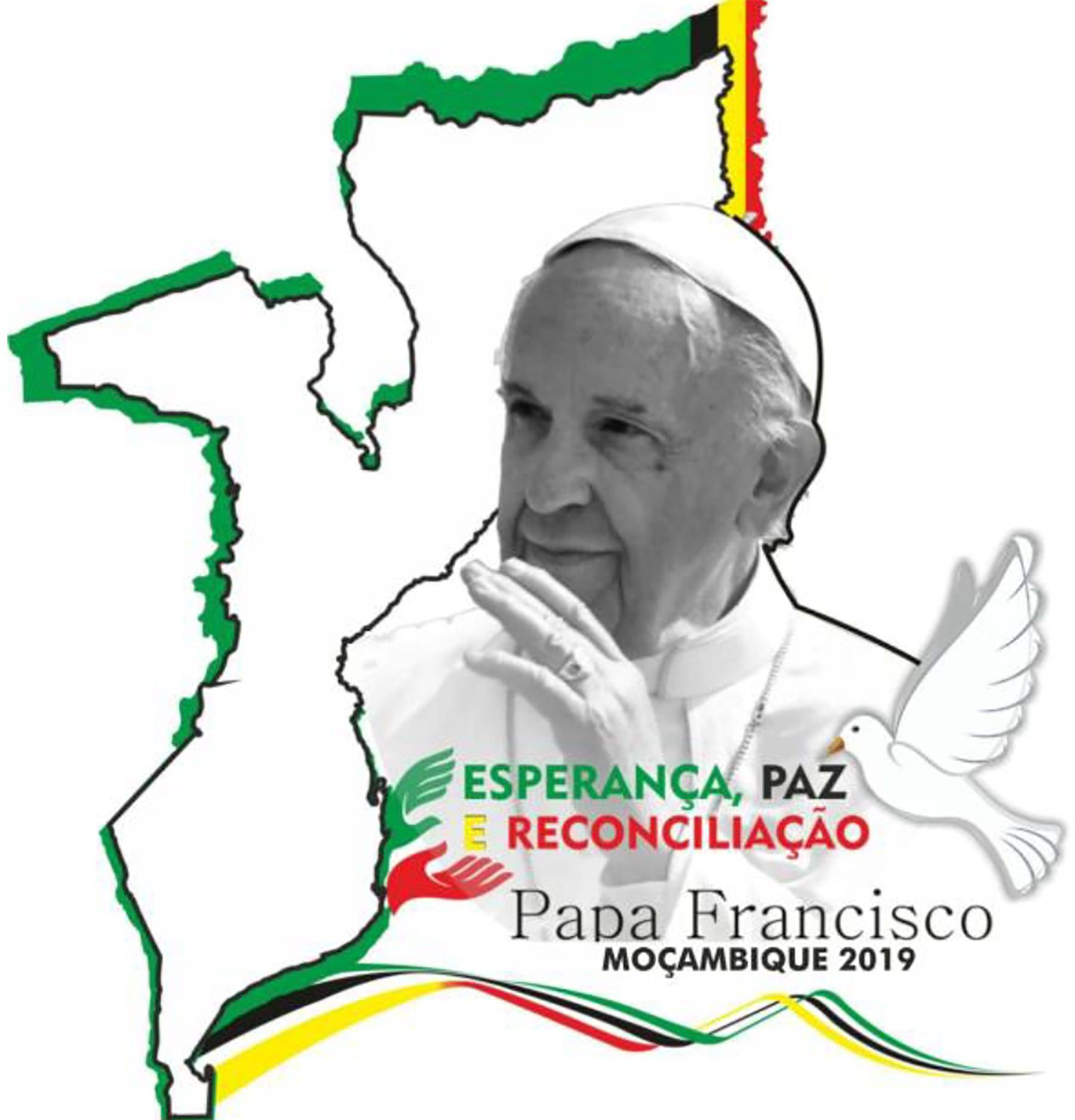HAVANA, Cuba — From early on in his pontificate, Pope Francis has called for Catholics to get out of the church and into the streets. Arguably nowhere in the world offers a better role model of that spirit than Cuba, where the pontiff lands on Saturday for a three-day visit prior to his trip to the United States.
More than 60 percent of the country’s total population of 11 million call themselves Catholics, but numbers show that only 5 percent of them go to Sunday Mass. As a result, most of the population grew up without ever setting a foot in a church.
That’s how the local Catholic Church came up with the idea of the “casitas misión,” roughly translated as “mission homes.” Every parish in Cuba has its own network of these small group prayer services in private homes, reaching hundreds of thousands of people.
Across the country, there are an estimated 2,300 of these groups, supervised by 650 parishes and the 357 priests that the Cuban Catholic Church can deploy.
Each casita holds weekly meetings that attract between 12 to 35 people. The sessions last for about an hour, and they include singing, praising, reading of the Gospel, and sharing testimonies. At the end, people pray 10 Hail Marys, with participants praying for a particular intention: for example, the success of Francis’ visit, health, or an “end to war,” which in this country means an end to the US-imposed embargo.
Crux attended a Thursday meeting of a casita in Havana, the Cuban capital. Twenty-five people crammed into a small home, sitting in chairs, on sofas, and on the floor. The average age was more than 70, yet there also were three teen-aged boys singing and praying along with the adults.
These 140 homes are supervised by the Rev. Jesús María Luzarreta, a 78-year-old Spaniard who’s been working in Cuba since 1993. Luzarreta told Crux that many don’t understand the need to have the casitas, especially seeing that some are just 50 yards from the church.
“Those who don’t understand the missionary dimension can’t grasp the need,” he said. “Sometimes, not even the priests understand it.”
“What we want is for people to receive God’s Word. Three-quarters of those who go to the homes don’t come to church, but they pray,” he said. “It’s all part of the process of conversion: the old man comes to Mass for the piety that he had when he was young, but it’s been too many years without coming to church.”
Luzarreta says the faithful are eagerly awaiting Pope Francis, and he describes the third papal visit to the island in less than 20 years as a much-needed gesture from the pontiff.
“It’s a needed stream of fresh water,” he said.
One of his home-based missions takes place in the house of Elva, an elderly woman who until three years ago used to be a “santera,” meaning a devotee of the Afro-Cuba blend of Catholicism and voodoo known as Santeria.
A mission was launched in Elva’s house after a woman who hosted it previously said the group was no longer welcome, and then kept the 10 plastic chairs and bibles the church had left in her home. Elva said she hasn’t missed Sunday Mass since agreeing to host the meetings.
“This is popular piety at its best,” said Juventino, the coordinator and catechist for the home-based mission. (Although the meetings are perfectly legal, all of those interviewed asked that just their first names be used.)
Juventino led the meeting, at times tearing up when sharing his testimony and the work he’s done for the Church. He called himself a “convert” because “I was making the revolution before Fidel and Raul Castro did.”
He first held a gun when he was 12 years old. He led the battalion that gave revolutionary commander Ernesto “Che” Guevara the keys to Havana.
“Everyone feared me,” he said, adding that he spent two years in Africa “shooting everybody.”
Today, he said, his family’s treasures are in England and he’s had several clashes with members of the Communist party who want to see him back in action. He said he answers them with a question: “How many elderly have you helped this week?” or “What did you do for the poor today?”
Wilfredo is another member of the casitas, who said he was drawn back to the Catholic Church by its humanitarian engagement when his neighborhood suffered a severe flood last year.
“It wasn’t the government that came to our aid,” he said. “It was the Church.”
For Wilfredo, faith comes down to serving others. “A faith without action is useless.”
He said he has no ill feelings toward those who come to Church when they need material help, but won’t go to Mass.
“We give so they can receive, [and] if they want to come in they will,” Wilfredo said.
Like everyone else involved with the casitas, Wilfredo lives in poverty. Yet even without any real compensation, he said that the reminder from Luzarreta, the priest, that a life without God is mere existence is all the paycheck he needs.








